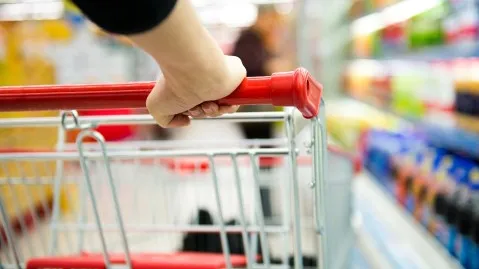
Philippines to achieve retail recovery by 2022
Household spending is expected to remain behind pre-pandemic levels for 2021.
A full recovery in the Philippines' consumer and retail sector is expected to only take place by 2022, with conventional growth returning in 2023, amidst weak household spending in 2021, according to a Fitch Solutions report.
Real household spending is expected to grow 4% year-on-year (YoY) in 2021, the start of a recovery from the 8.3% contraction estimated over 2020, caused by the pandemic and related lockdown measures. However, total household spending will reach only $221.1b (PHP10.6t), which remains lower than the total spending of $215.2b (PHP11.1t) reached in 2019.
“The Philippine economy is expected to fully recover only in 2022, with more conventional growth patterns returning in 2023. Economic growth will be underpinned by consumer spending, easing unemployment, and a continued recovery in the country's tourism industry. In the table below, we highlight our forecasts for key economic indicators in the Philippines,” Fitch said.
Further, inflationary pressures are rising in many countries globally this year as base effects, higher commodity prices and supply-chain challenges create localised shortages. As such, Fitch believes that rising inflation is a key risk to consumer spending over the remainder of 2021, as it has the potential to erode purchasing power.
In the Philippines, the consumer price index has been ticking up, reaching 4.1% YoY in June, averaging 4.4% for the first half (H1) of the year. Fitch projects that inflation has already peaked in H1 2021 and that it will average 4% over 2021 and 3.4% over 2022.
“We do not believe that these levels of inflationary pressures will derail our consumer outlook,” the report stated.
Much like for the rest of the world, a notable recovery in consumer spending in the country will rely on the ability of authorities to vaccinate a large enough proportion of their populations and thereby experience a notable drop in infections and a decline in hospitalisation rates.
“Both these factors will lead to governments gradually lifting restrictions, which will boost consumer confidence and retail sales,” the report stated.
The Filipino government has stated that restrictions cannot be lifted until mass vaccinations have taken place. As of 23 July, 9.9% of people have received at least one vaccine dose, which is lower than the Asia average of 27.1%.

















 Advertise
Advertise







